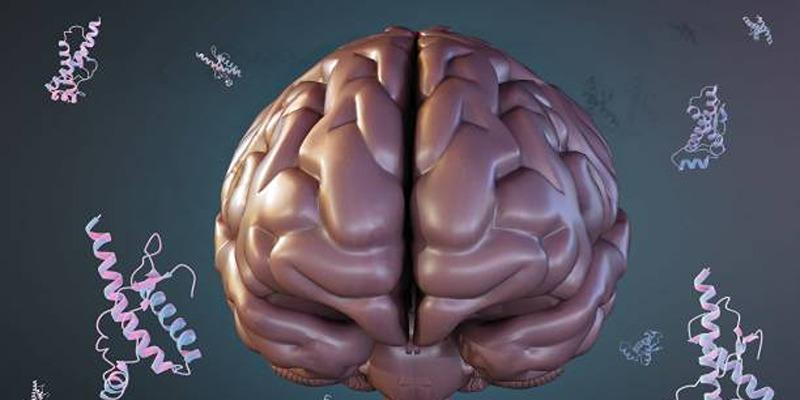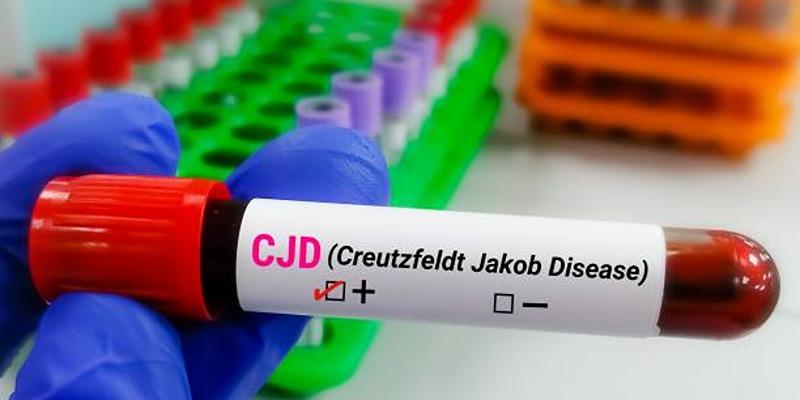Creutzfeldt-Jakob Disease (CJD) is a rare but devastating neurological disorder that progresses rapidly and affects brain function. Early detection is vital, as symptoms often mimic other conditions, delaying diagnosis. Understanding the early warning signs can make a significant difference in recognizing the disease promptly.
Memory problems along with cognitive deterioration serve as fundamental initial indications of CJD. People experience memory failure for recent occurrences and familiar knowledge which progresses rapidly to compromise their ability to remember various names and places and everyday details. CJD causes faster cognitive deterioration than Alzheimer’s disease which creates significant barriers to daily functioning work activities along with social relationships.

CJD leads to emotional as well as psychological challenges in people who have the disease. People affected by Creutzfeldt-Jakob disease typically show three main symptoms of mood swings followed by irritability and altering personality traits. A peaceful individual can abruptly develop agitation together with depression alongside anxiety which lacks apparent cause. Their sudden actions and social withdrawal create significant challenges for both themselves as well as their nearest family members.
Motor symptoms often appear early in CJD, causing issues with coordination and balance. Individuals may become unsteady, with walking that looks clumsy or erratic. This lack of coordination, known as ataxia, can make everyday tasks like dressing or crossing a room difficult. In severe cases, they may need help to move, and falls become common.
Early signs of CJD can include vision changes like blurry vision, trouble focusing, or partial blindness. These symptoms occur because the prions affecting CJD can damage the brain’s visual processing areas. In some cases, vision declines rapidly, which can be distressing for both the individual and their family. Visual issues are often among the first neurological symptoms to appear.
Muscle rigidity, stiffness, and twitching are common symptoms of CJD. These issues may begin as subtle twitches or tremors and progress to severe stiffness and jerky movements. Rigidity can also cause trouble with posture and walking. In later stages, involuntary muscle spasms and movements may occur.
As the disease progresses, speech problems can arise, including difficulty forming words, slurred speech, or losing the ability to speak. Some individuals may develop aphasia, a disorder affecting language comprehension and expression. These challenges can make communication frustrating for both the individual and their caregivers.
CJD can cause major disruptions in sleep, including insomnia, excessive daytime sleepiness, or irregular sleep cycles. Some may sleep for long periods or wake up often at night. As the disease progresses, these issues worsen, reducing quality of life.
CJD can weaken the muscles needed for swallowing, causing dysphagia. This can result in choking, aspiration pneumonia, or malnutrition. Swallowing issues often start with solids and progress to liquids. Supportive care, like feeding tubes, may be needed as symptoms worsen.
Many individuals with CJD become more sensitive to light, sound, and touch. This heightened sensitivity can make them feel overwhelmed, anxious, or agitated. Bright lights, loud noises, or physical touch may cause discomfort or distress. Sensory overload can lead to behavioral changes or confusion as the person struggles to cope. This sensitivity can significantly impact daily life and interactions.

CJD is marked by rapid and severe mental decline. As the disease progresses, cognitive abilities worsen, often leading to severe dementia. The individual may no longer recognize loved ones or respond to familiar cues. This decline makes meaningful communication, understanding the environment, and maintaining independence increasingly difficult.
There is no known way to prevent sporadic or inherited CJD, but avoiding exposure to infected tissues or medical instruments can help reduce the risk of iatrogenic CJD.
Creutzfeldt-Jakob Disease (CJD) is a rare, fatal brain disorder that affects physical, cognitive, and emotional well-being. Symptoms can include mood changes, difficulty moving, and trouble communicating, creating challenges for both individuals and caregivers. Learning about the types, risk factors, and causes of CJD can help reduce risk or guide treatment.

By Eleanor/Mar 10, 2024

By Peter Evans/Apr 12, 2024

By Eleanor/May 12, 2024

By Eleanor/Mar 13, 2024

By Noah Jones/Nov 13, 2024

By Frederica/Oct 29, 2024

By Triston Martin/Feb 10, 2024

By Mark Allen/Feb 12, 2024

By Susan Kelly/Apr 27, 2024

By Elva Flynn/Feb 28, 2025

By Eleanor/Oct 17, 2024

By Triston Martin/Apr 08, 2024